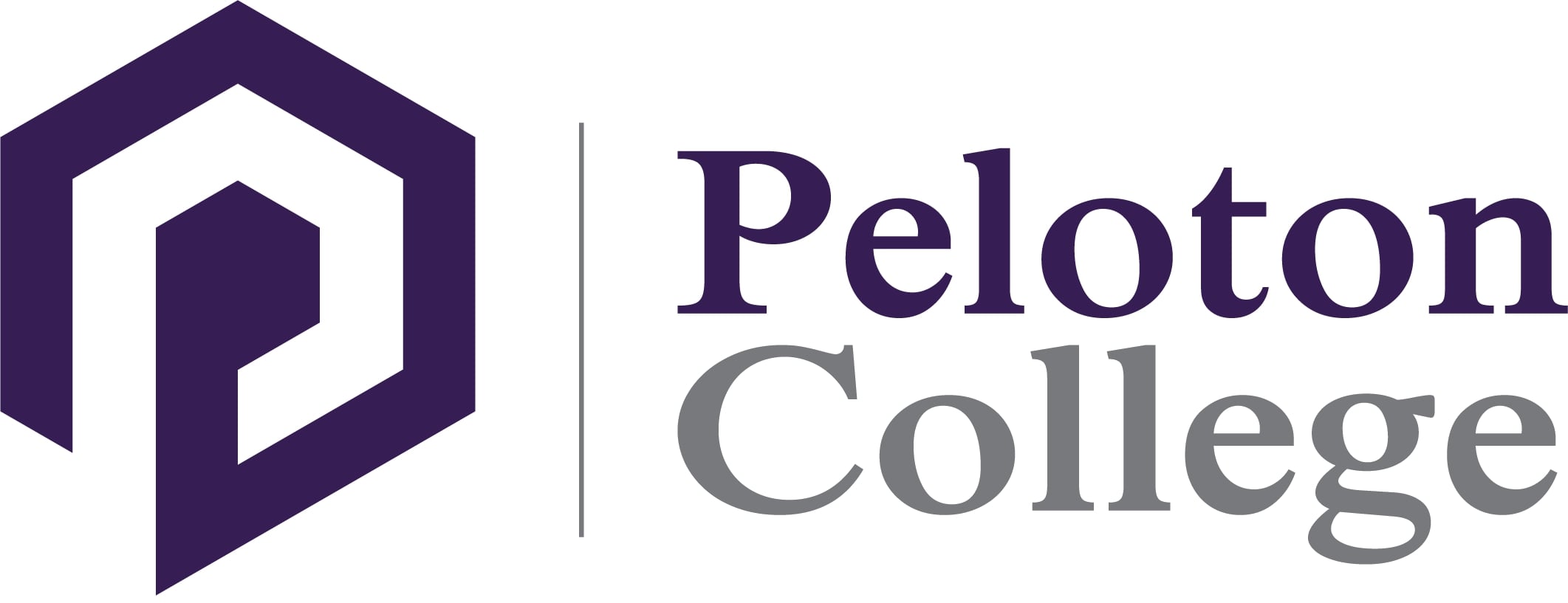What is the Best Medical Billing and Coding Certification Exam?

Are you interested in becoming a medical billing and coding specialist? If you know how to manage healthcare reimbursement and electronic health records, you’re in demand. However, sometimes only certified applicants are seen by employers, so getting a certificate is a critical step for advancing your career. Which is the best certification exam and what does it cover? Let’s take an in-depth look.
What Does a Medical Billing and Coding Specialist Do?
Medical billing and coding specialists play a key role in managing billing and recordkeeping operations for doctor’s offices, clinics, hospitals, and other medical facilities. Among their many responsibilities are:
- Researching charts for health information
- Translating data into standardized alphanumeric medical codes
- Submitting insurance claims
- Tracking reimbursement
- Obtaining insurance preapprovals
- Troubleshooting rejected claims and handling appeals
- Cost estimating
- Fraud prevention
- Financial reporting
- Invoicing and collections
- Health record security and regulatory compliance
- Database management
- General office support
What Is an Easy Way for Someone to Become a Medical Billing and Coding Specialist?
An easier way to become a medical billing and coding specialist is by attending a vocational school program. You’ll graduate work-ready in months, having learned what you need to know to become certified including:
Medical Terminology
Vocational school programs are geared toward entry-level medical billers, starting with medical terminology. You’ll learn the language of medicine, so you can confidently research charts and complete insurance claims using approved language and acronyms.
Anatomy and Physiology
Billing and coding is a non-clinical role, but students need to understand how the body is made and how it works to function in a healthcare setting. Designed for support professionals, it’s a basic course that helps further familiarize you with the common symptoms, conditions, and treatments you’ll code on insurance claims.
Billing and Coding
Coding is a type of alphanumeric shorthand used to decrease the volume of medical data changing hands between medical facilities and insurance companies. You’ll learn about the three major coding systems and how to apply them to complete insurance and other billing forms. There coding systems include ICD-10, CPT and HCPCS.
Principles of Health Insurance
Most medical bills in the United States are paid for by health insurers. So, billing and coding specialists need a strong foundation in the insurance coverage and eligibility process. You’ll learn hands-on using simulations and case studies, so you hit the ground running in your new career.
Can you break into the medical billing field without higher education? You can, but practically speaking, it’s tough. Medical billing is a science, and employers prefer trained, certified applicants.
Vocational school programs “teach to the test,” so graduates are prepared for immediate certification. You’ll need a year of supervised, full-time experience in the industry to qualify for certification without a diploma. That’s hard to get and a long time to wait. Having a diploma and a certificate is an undeniable edge in a competitive job market.
What Is the Best Medical Billing and Coding Certification Exam?
The medical billing and coding field is expanding. As a program graduate, you’ll be eligible for two distinct certifications, the Certified Electronic Health Records Specialist (CEHRS) and Certified Billing and Coding Specialist (CBCS) exams.
Both are administered by the National Healthcareer Association, an accredited, nationally recognized professional advocacy organization that supports frontline healthcare workers and their career goals. They’ve certified more than a million candidates in the last thirty years. NHA credentials demonstrate proven skills.
Which certification is right for you? The CEHRS and CBCS exams cover similar topics, but each has a somewhat different focus. The CEHRS exam is geared for those interested in records and information management while the CBCS is more specific to billing and coding.
The exams evaluate your general knowledge in different domains, areas of expertise that all graduates in the field are expected to have, and how you would respond in common situations you may encounter on the job. Let’s examine the topics they cover and the difference between the two exams.
CEHRS Exam
The Certified Electronic Health Records Specialist (CEHRS) certification exam consists of 150 questions evaluating your knowledge in five different domains:
Non-Clinical Operations
The Non-Clinical Operations domain covers:
- Data Entry
- Front office tasks
- Interpersonal communication
- Gathering insurance data
- Coordinating patient flow
- Patient portal support
- Filing systems
- EHR software
- Hardware maintenance
Answering these questions correctly ensures you have the minimum knowledge necessary to function as a medical billing and coding professional.
Clinical Operations
The Clinical Operations section is the most extensive part of the exam and measures your understanding of the many systems medical billing and coding specialists work with. Questions cover:
- EHR maintenance
- Patient privacy
- Documentation review
- Secure data transmission
- Charting requirements
- Database management
Healthcare Finance
This domain pertains to the revenue cycle, how medical bills are created, paid, and reconciled. It’s the knowledge you need to successfully participate in billing and account management.
Topics include:
- Principles in health insurance
- Types of public and private policies
- Diagnostic coding
- Clinical vocabulary
- Allowable terminology and acronyms
- Estimating patient costs
- Medical necessity criteria
- Referrals and pre-authorizations
- Insurance claims
- Payment tracking and allocation
- Billing regulations
- Troubleshooting rejected claims
- National Correct Coding Initiative (NCCI) standards
The goal of this section is to ensure candidates can determine financial responsibility for healthcare services and complete accurate insurance claims.
Regulatory Compliance
The medical billing field is regulated for public safety. This domain assesses your ability to comply with federal regulations and help prevent fraud and abuse. Subjects include:
- Comply with HIPPA regulations
- Verify consent forms
- Identify non-compliant behavior
- Participate in internal audits
- Maintain professional standards
- Secure electronic health records
- Report data breaches
Failing to comply with regulations can cost employers thousands in financial penalties and result in job loss. Billing and coding specialists must always remain in compliance.
Reporting
One of the benefits of electronic health records is that they improve a facility’s ability to track health and financial data. This section of the test covers:
- Data accuracy
- Generating financial reports
- Statistical analysis
- Clinical reporting
As a medical billing and coding specialist, you’ll compile reports based on health, insurance, and financial data to help the healthcare community better respond to patients’ needs and improve the quality of care.
CBCS Exam
The Certified Billing and Coding Specialist (CBCS) exam consists of 100 questions in four content domains.
The Revenue Cycle and Regulatory Compliance
This part of the test evaluates your knowledge of the healthcare revenue cycle and regulatory responsibilities. Topics include:
- Healthcare reimbursement concepts
- Phases of the revenue cycle
- Patient privacy
- Protected health information (PHI)
- Informed consent principles
- Billing fraud and abuse
- Internal and third-party auditing
Insurance Eligibility and Other Payer Requirements
Questions cover:
- Private, public, and military insurance plans
- Insurance and demographic data verification
- Coverage confirmation
- Co-insurance, co-payments, deductibles, and out-of-pocket maximums
- Assignment of benefits
- Referrals and preapprovals
- Patient financial obligations
Coding and Coding Guidelines
The Coding and Coding Guidelines section measures your ability to identify, apply and review the correct medical codes for symptoms, conditions, procedures, and equipment. Topics include:
- Medical terminology
- Anatomy and physiology
- Approved abbreviations and acronyms
- Clinical documentation
- Code sets
- Modifier use
- Billing procedures
- Special considerations
Billing and Reimbursement
The Billing and Reimbursement domain focuses on obtaining maximum reimbursement through accurate coding. It’s the longest part of the tests and covers:
- Determining financial responsibility
- Submitting paper and electronic health claims
- Payer-specific guidelines
- Payment processing
- Tracking payments
- Researching and appealing denied claims
- Invoicing
- Payment plans and collection processes
- Quality improvement activities
The goal of this section is to ensure candidates can apply charges and bill patients accurately.
How Do You Apply for the Exams?
Since both exams are administered by the same organization, the steps to become certified are the same. You can apply to take the exam as soon as you graduate. NHA partner schools will assist you with timing.
You’ll take your exam at an affiliated school, a PSI testing center or via live remote proctoring at your place of choice. Results are available immediately if you take your test at a partner institution or within two business days of your exam being graded, allow additional processing time for paper and pencil tests.
If you don’t pass, don’t worry. The first-time pass rates are high, but test anxiety can get the best of anyone. You can immediately retake the exam a second time and then again with 30-day or 12-month waiting periods between each. Both the NHA and partner schools offer extra study materials.
Certifications must be renewed every two years. It’s how you stay on top of changes in the industry. The NHA offers online courses to help you get your 10 continuing education credits. It couldn’t be easier, and you’ll have expert guidance every step of the way.
Final Thoughts
It’s hard to overstate the value of vocational school education and certification in any industry. Programs are designed to meet employers’ evolving needs. Becoming certified not only enhances your career, but it supports the industry as a whole. It’s the road to professional excellence and an accomplishment to be proud of.
Want to Learn More?
The Medical Billing and Coding training program at Peloton College provides students vital knowledge in Medical Terminology and Understanding Health Insurance Claims and prepares students to be able to work with and maintain electronic health record systems in the health care industry. Graduates of this Medical Billing and Coding training program will also be eligible to sit for the Certified Electronic Health Records Specialist (CEHRS) Certification or the Certified Billing and Coding Specialist (CBCS) Certification.
The mission of Peloton College is to be the premier provider of hands-on training and education by providing students and graduates with the necessary skills to secure occupational careers. Contact us today to learn more.



